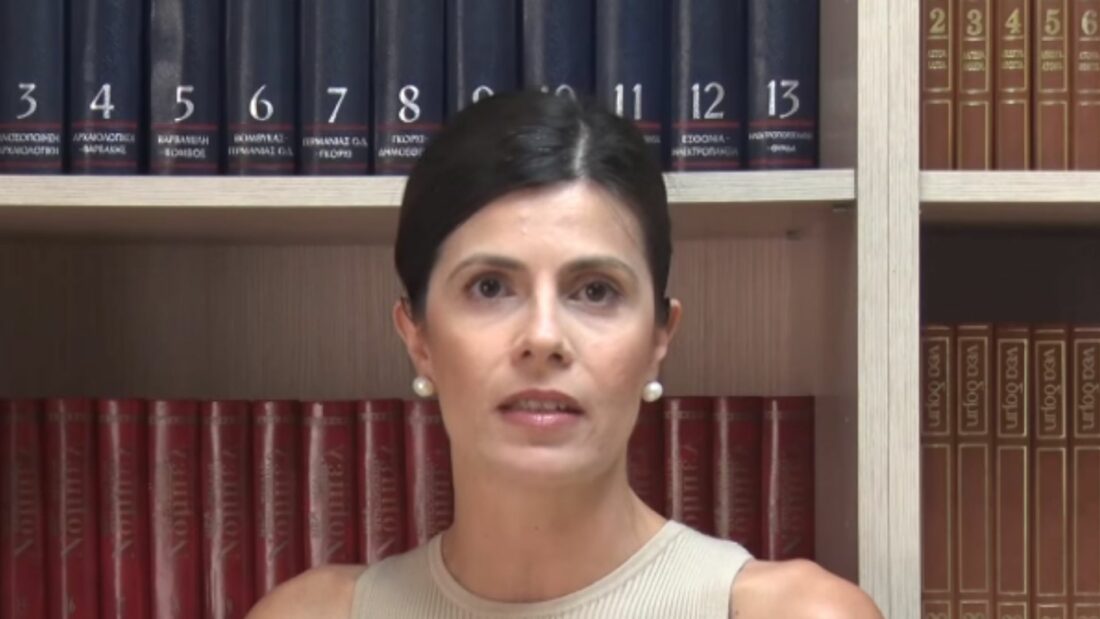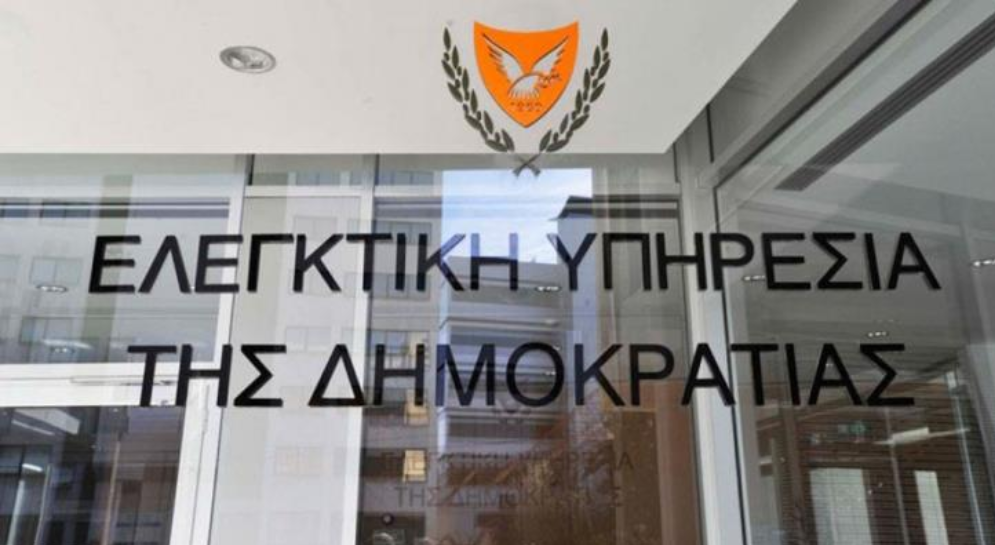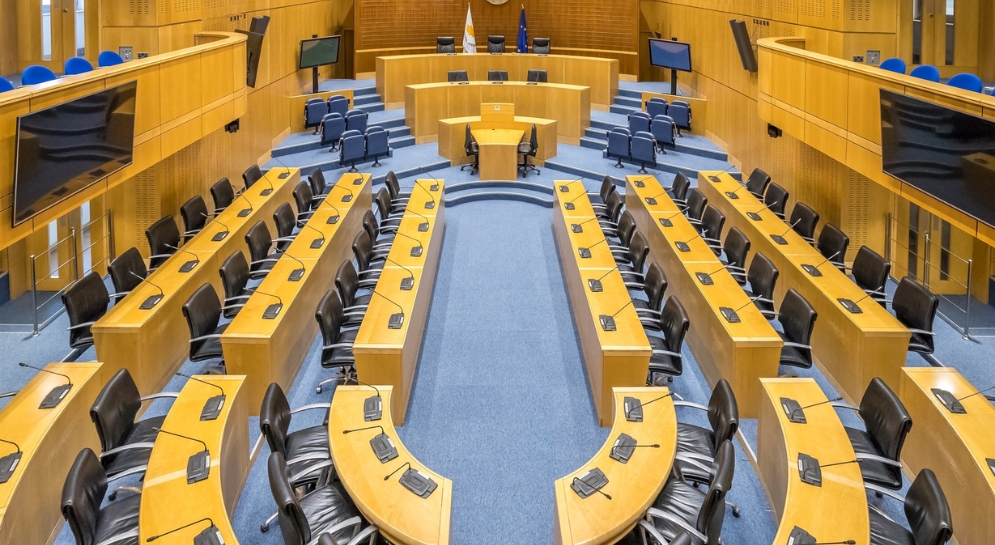
Interview with Stavri Kalopsidiotou, International Law expert, member of the Cyprus Problem Bureau of AKEL and of the Central Committee of the Party
Reviving the dialogue presupposes tangible steps forward
Sunday 19 December 2021, ‘Haravgi’ newspaper
QUESTION: Do you consider the fact that the EU’s solidarity with Cyprus has once again failed to translate into the demonstration of practical support through the imposition of sanctions against Turkey a mockery of the EU? Or is it a failure of the foreign policy pursued by the Republic of Cyprus?
SK: The “communication games” (Note: reference to the Foreign Minister’s statements on Turkey’s threats to open up Varosha) have ended very ingloriously, and hopefully the demagoguery will too. For four years now, President Anastasiades and the Foreign Minister have been overwhelming us with demagogic declarations about the imposition of sanctions by the EU and that our interests have supposedly been shielded.
The results of the policy pursued by the President and the ruling DISY party are being revealed every day. While the government was engaged in this effort in a one-dimensional manner and Mr. Anastasiades was flirting with a two states solution, Turkey continued to consolidate its partition on the ground and sea. As long as they were fostering illusions among citizens, the President and the ruling DISY party did not take initiatives to create the prospect of a resumption of the negotiations, but instead challenged key convergences by putting forward “new ideas”, Tatar continued to grant ‘citizenships’ to Turkish settlers, Turkey continued to plan the colonalisation of Varosha and promote the two state solution.
The principal question which must be answered, therefore, is what goal does the policy of Anastasiades, DISY President Averof Neophytou and Foreign Minister Christodoulides serve, and not what considerations/experiences are served by third parties. After all, they have always known that, however just the imposition of sanctions may be, they are not sufficient to lift the occupation.
QUESTION: There is some information that the EU and the UN are moving towards taking a political initiative to resume talks and address the provocations on Cypriot territory as a whole. What is your comment?
SK: It is becoming clear through repeated statements being issued by relevant officials that the UN and the EU consider a solution to the Cyprus problem important because they recognise that the ramifications on EU-Turkey relations, the energy plans in the region, the delimitation of maritime zones, the handling of the refugee crisis and other issues cannot be addressed without a solution to the Cyprus problem. Furthermore, they consider that the current status quo is feeding the vicious cycle of illegal actions, provocations and escalating tensions.
AKEL is seeking their support for the existing negotiating acquis (agreed body of work), as it was prescribed at Crans Montana, and demands that pressure be brought to bear on Turkey. However, the self-evident responsibility of our side to respond to the unacceptable Turkish positions by taking convincing initiatives for a resumption of the dialogue from where it left off in 2017 isn’t abandoned. And we insist on the position that at least the UN Secretary General shares that the exploitation – while it is still on offer – of natural gas is a key for anyone who wants to unlock the door and test the intentions of the occupying power Turkey.
QUESTION: With the arrival of the new Special Representative of the UN Secretary General, are new prospects created for a resumption of the dialogue on the Cyprus problem?
SK: Hope is not lost, but the resumption of the dialogue presupposes tangible progress forward. The Special Representative’s arrival alone cannot revive developments. And given the Turkish side’s official shift to a two state solution, no one can prejudge the way forward. But one thing is certain. Namely, that the resumption of the dialogue from the point where the talks had remained represents a shield against not only the unacceptable Turkish positions, but also those forces/circles who are flirting with models of a solution that supposedly bridge the gap between Turkish proposals and a federation – both outside and inside Cyprus.
If we do not in a very clear way communicate this position, which is in line with the UN Secretary-General’s own approach, and instead continue to sow doubts through our positions and actions, not only will we not contribute in a positive manner to the prospect of resuming the dialogue, but the enormous responsibilities of the Turkish side will be downgraded and the Greek Cypriot side will once again bear a significant share of the responsibility for the impasse.
QUESTION: Which Confidence Building Measures (CBM’s) can be implemented bearing in mind the current situation surrounding the Cyprus problem? Can their discussion give hope for creating a climate of understanding between the two sides, taking into account the hard line of the Turkish side?
SK: Confidence Building Measures are always welcome provided that they aim to bring the two communities closer together, facilitate the daily life of all Cypriots and assist the efforts to reach an overall solution.
However, when the discussion on CBM’s becomes a substitute of the effort for the resumption of meaningful negotiations, we are concerned. When the Presidency and the ruling DISY party use false claims to dismantle AKEL’s proposal that can create momentum for a solution of the Cyprus problem, but instead put forward proposals for CBM’s that have been proven to lead nowhere, how can we not be concerned? Either about their intentions, or about their now dangerous inability to understand that the unproductive barren passage of time works as a delaying tactic.
The path of similar kind of CBM’s was previously pursued by former President and DISY leader Clerides as well who was seeking to avoid the Ghali Ideas put forward by the then UN Secretary General. Valuable time was wasted in unnecessary adventures. Neither Varosha was saved, nor was the Cyprus problem solved. The parallels are glaring. Anastasiades’ announcements of the same grandiose CBM’s were withdrawn when he theatrically challenged the Guterres framework and abandoned key convergences that were recorded.
That said, no matter who the Turkish Cypriot leadership may be, AKEL will not spare efforts for the implementation of measures that convey a positive symbolism, serve to bring the two communities closer together and support the effort for a comprehensive solution of the Cyprus problem – in contrast to the Anastasiades Presidency and the ruling DISY party who proclaim one thing and do another in practice. They close down checkpoints, erect barbed wires of division next to those of the Turkish occupation army, causing problems in the relations even with the United Nations, and harass Turkish Cypriot children who are legally entitled to be granted passports of the Republic of Cyprus.




